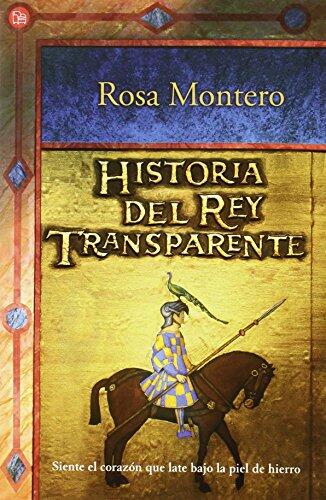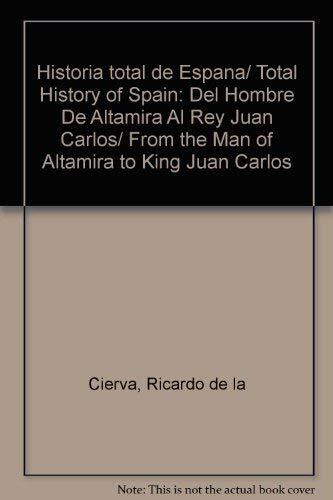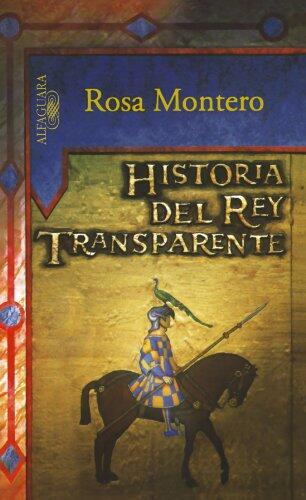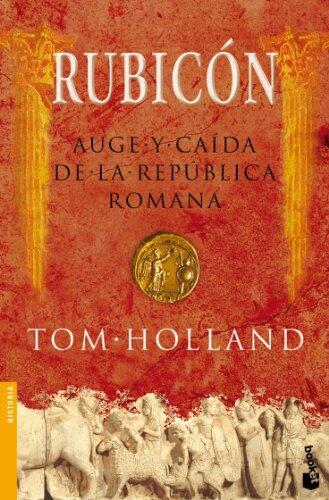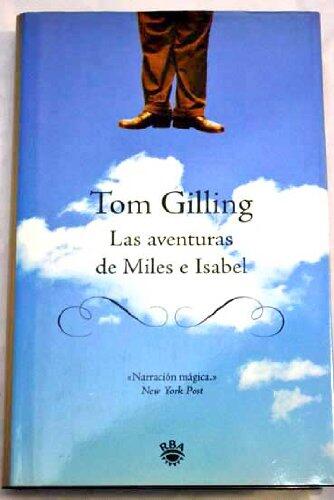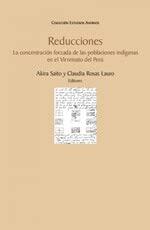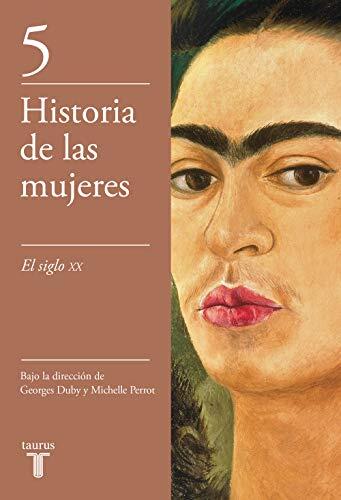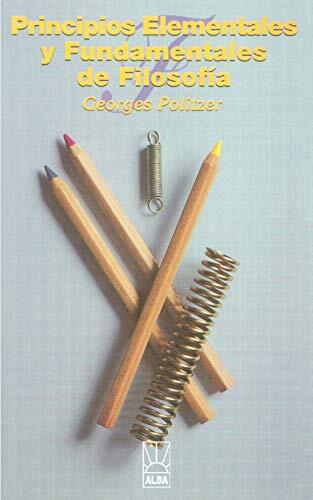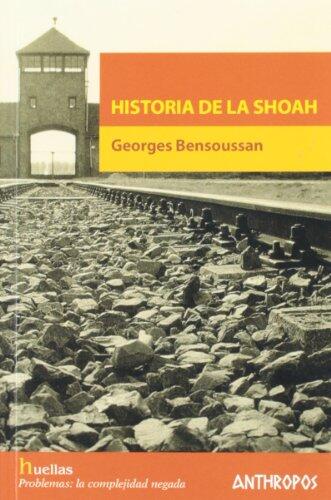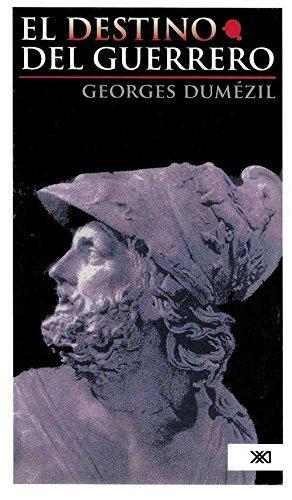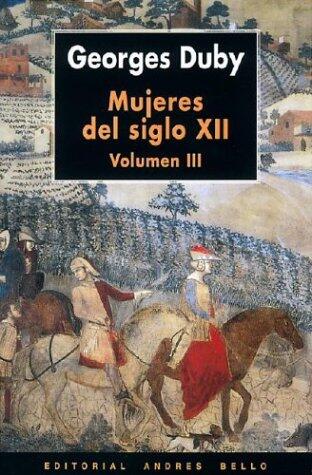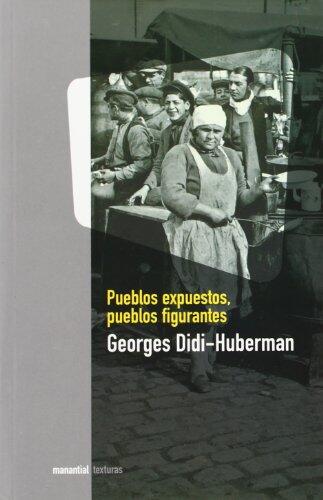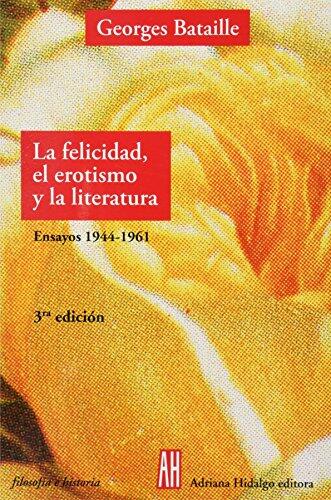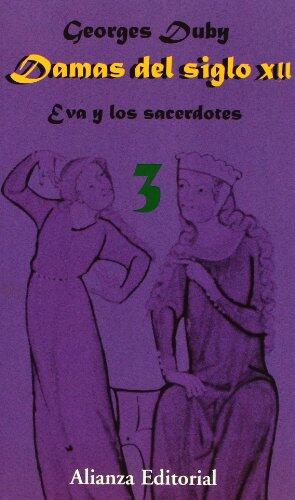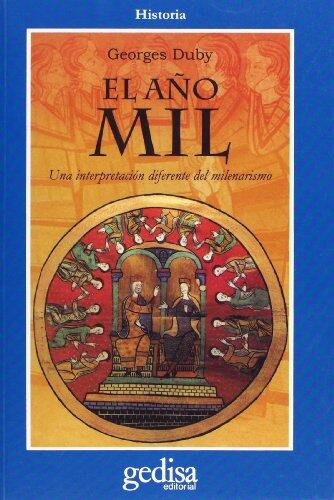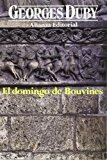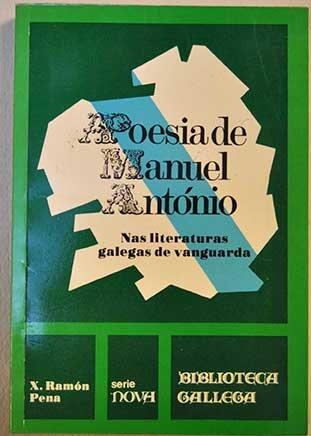
A Poesia De Manuel António: Nas Literaturas Galegas De Vanguarda
によって
X. Ramón. Pena
まだ評価がありません
History
Poetry
形式
ペーパーバック
ページ数
204
言語
スペイン語
公開されました
Jan 1, 1979
出版社
La Voz de Galicia
ISBN-10
8485287134
ISBN-13
9788485287130
説明
In a captivating exploration of the avant-garde movements within Galician literature, X. Ramón Pena delves into the works of Manuel António, an often-overlooked figure who shaped the landscape of poetic expression. The author carefully examines how António's unique style and themes resonate with the diverse currents of early 20th-century literary innovation.
Pena intricately weaves a narrative that highlights the synergy between António's poetry and the broader cultural and social transformations occurring in Galicia and beyond. With a meticulous approach, the text reveals the interconnections between literature and the societal shifts that influenced it, providing readers with a deeper understanding of the poetic revolution of this period.
The bibliography serves as a valuable resource, guiding readers to further study the influences and ramifications of António's work. Through this scholarly examination, Pena sheds light on the enduring legacy of Galician literature, showcasing its rich tapestry of voices and the revolutionary fervor that characterized the era.
This work appeals not only to students and scholars of Galician literature but also to anyone interested in the evolution of poetry and its interactions with culture and identity. With a blend of critical insight and passionate advocacy for António's contributions, the text stands as a testament to the vibrant artistic legacy awaiting discovery within Galicia's literary history.
Pena intricately weaves a narrative that highlights the synergy between António's poetry and the broader cultural and social transformations occurring in Galicia and beyond. With a meticulous approach, the text reveals the interconnections between literature and the societal shifts that influenced it, providing readers with a deeper understanding of the poetic revolution of this period.
The bibliography serves as a valuable resource, guiding readers to further study the influences and ramifications of António's work. Through this scholarly examination, Pena sheds light on the enduring legacy of Galician literature, showcasing its rich tapestry of voices and the revolutionary fervor that characterized the era.
This work appeals not only to students and scholars of Galician literature but also to anyone interested in the evolution of poetry and its interactions with culture and identity. With a blend of critical insight and passionate advocacy for António's contributions, the text stands as a testament to the vibrant artistic legacy awaiting discovery within Galicia's literary history.


